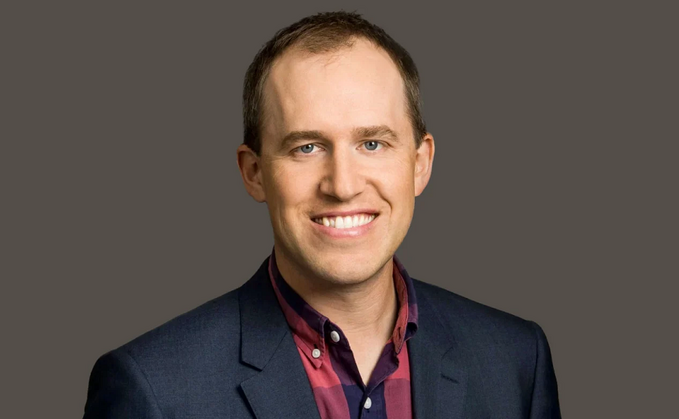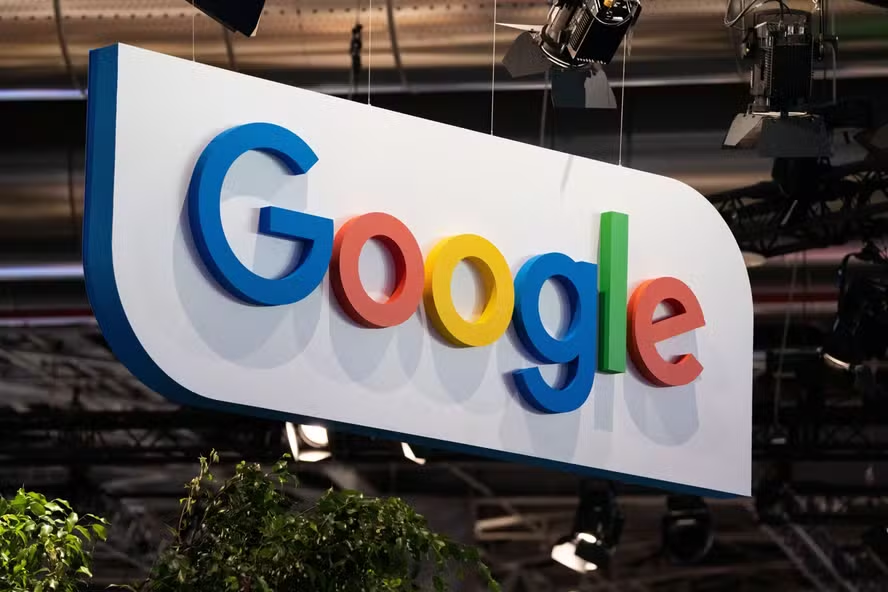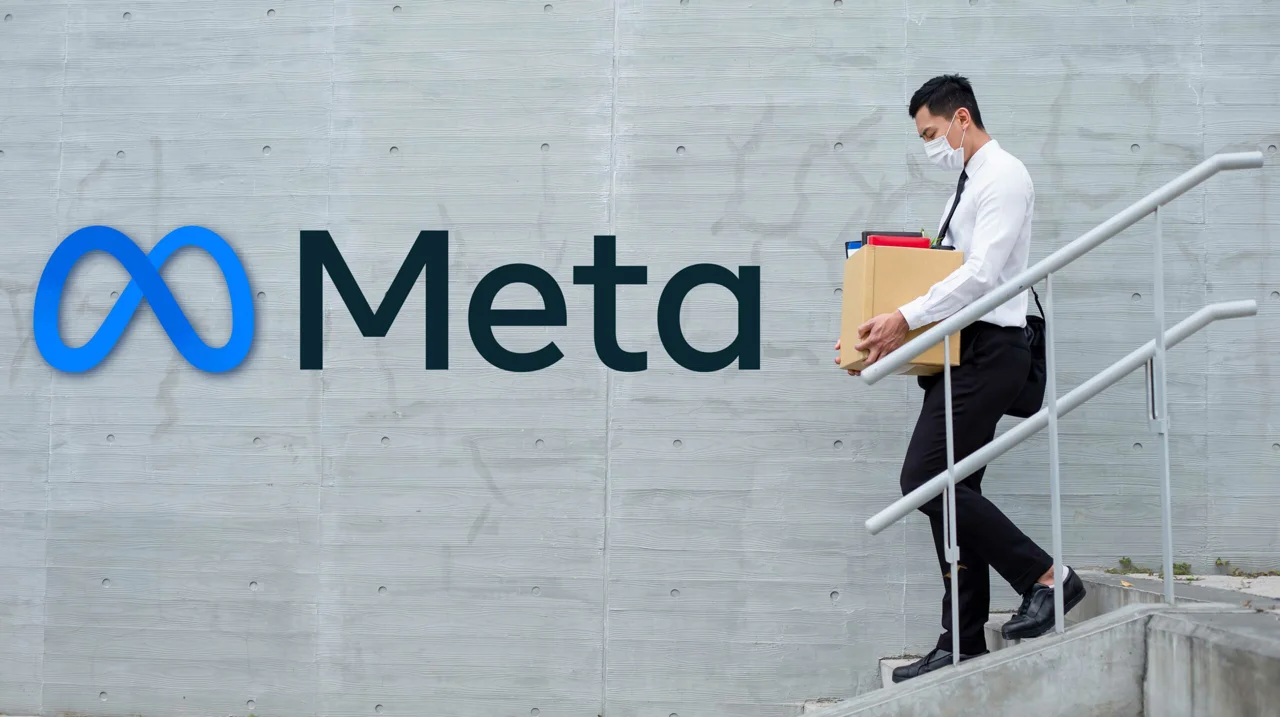One of the tech industry’s biggest hype men, Salesforce CEO Marc Benioff, wants you to know that he is psyched about generative AI, but even he doesn’t think it can do what its biggest proponents say it will do, as he (not surprisingly) blames Microsoft
Benioff is currently on a tour to establish expectations, one month after Salesforce’s extensive tech conference, Dreamforce, during which he tirelessly promoted, extolled, and pitched AI, at least in the context of Salesforce’s own products.
Additionally, he is disparaging Microsoft, his most formidable adversary and archrival. He was recently featured on the Rapid Response podcast, which was conducted by Bob Safian, the former editor-in-chief of Fast Company.

“I have never been more enthusiastic about anything at Salesforce, perhaps in my career,” he stated when discussing the potential of AI.
However, he also cautioned that “customers have been informed of information about enterprise AI, and potentially AI in general, that is inaccurate,” as he stated.
“I believe that Microsoft has caused a significant harm to not only our entire industry but also all of the AI research that has been conducted.”
Benioff specifically expressed his dissatisfaction with the accuracy and utility of Microsoft Copilot.
He even compared Copilot to Clippy, Microsoft’s widely derided 1990s talking paperclip cartoon that was intended to serve as an assistant to Microsoft Office users.
“We may have heard from the AI priests and priestesses of these LLM model companies, Microsoft, and others that AI is currently treating cancer and climate change, and that we must all connect to these nuclear power plants to access these data centers. Benoff stated, “None of this is accurate.”
He was reinforcing a statement he had previously made on X, in which he stated, “LLMs (Large Language Models) are not the direct bridge to AGI, and much of AI’s current potential is simply oversold.” AI is not yet capable of resolving climate change or curing disease, as some experts assert.
That was a jab at OpenAI CEO Sam Altman. Altman expressed his belief that AI-enhanced health technology could potentially assist in the discovery of cancer cures during the Aspen Ideas Festival earlier this summer, as reported by Newsweek.
Additionally, Benioff referenced research conducted by Gartner regarding Microsoft Copilot. Only 25% of organizations that are currently conducting Copilot pilot programs are presently planning a large-scale rollout, according to a Gartner report published in April titled “The Top 10 ‘Gotchas’ of Copilot for Microsoft 365.”
This is truly a respectable figure, considering the relative youth of the technology and the sluggish pace at which enterprises may adopt it. Nevertheless, Gartner also determined that enterprise adoption will increase as Copilot develops.
Microsoft may reference market research conducted by Forrester, which identified numerous advantages for small businesses that implement Copilot.
Based on a survey of 266 small companies, Forrester discovered that Copilot resulted in a minor increase in revenue, as well as a reduction in operating costs and a faster onboarding process for new employees.
Nevertheless, it is important to acknowledge that Microsoft funded this research. Interpret that as you see fit.
Nevertheless, Benioff is correct in his assertion that the GenAI that we currently possess, despite its occasional mind-blowing capabilities, is not yet prepared to replace human workers in the majority of instances.
It is true that the podcast-making capabilities of Google’s NotebookLM, which can generate bantering AI-generated hosts that elucidate material, are quite the party trick.

However, it is difficult to envision how such an action will directly alleviate the soul-crushing menial labor tasks that impede the majority of corporate positions.
Benioff is also correct in his assertion that GenAI appears to be performing exceptionally well with enterprises in the area of AI agents. This is in line with the Salesforce product, Agentforce, that he has been promoting recently.
Additionally, numerous other technology companies and entrepreneurs are developing AI agent technologies, including the development of use-case-specific models and the provision of platforms that enable businesses to construct their own.
OutRival, Rovo AI from Atlassian, and Sierra, the startup founded by former Salesforce co-CEO Bret Taylor and Google veteran Clay Bavor, are just a few examples.

AI agents are increasingly being integrated into customer service, with applications spanning from enhanced website chat bots to field service guides. Some examples are Neuron7, Talla, or Zingtree. Salesforce also provides services in this region.
Prospecting, which is the lowest stratum of any sales organization, is a high-rejection rate method of cold-calling and emailing.
However, AI agents are also achieving success in sales, particularly this method. Some examples are AI Regie.ai, AiSDR, Artisan, and 11x.ai.
Benioff predicted that Salesforce would have over one billion agents operating within the next year, citing the approximately 10,000 consumers who participated in his technology conference.
Nevertheless, it is also important to note that there are other sectors in which LLMs are already highly regarded and in which Microsoft, in particular, has a competitive advantage.
Software programmers and engineers are increasingly employing them to assist in the testing and debugging of code or the generation of code examples, such as Microsoft’s GitHub Copilot.
JetBrains and Continue are among the numerous startups that provide AI coding assistants.
Microsoft’s Azure cloud is a popular choice for enterprises that are using LLM models to create their own GenAI apps, as a result of its close relationship with OpenAI.
Consequently, Microsoft’s involvement in GenAI is not limited to the creation of documents by Word, the creation of charts by Excel, or the transcription of meetings by Teams.
Simultaneously, it is reasonable to conclude that AI is overhyped when those who are promoting AI to promote their own AI products warn that it is.
Benioff elaborated, “It is about managing expectations while leveraging AI’s capabilities.”



